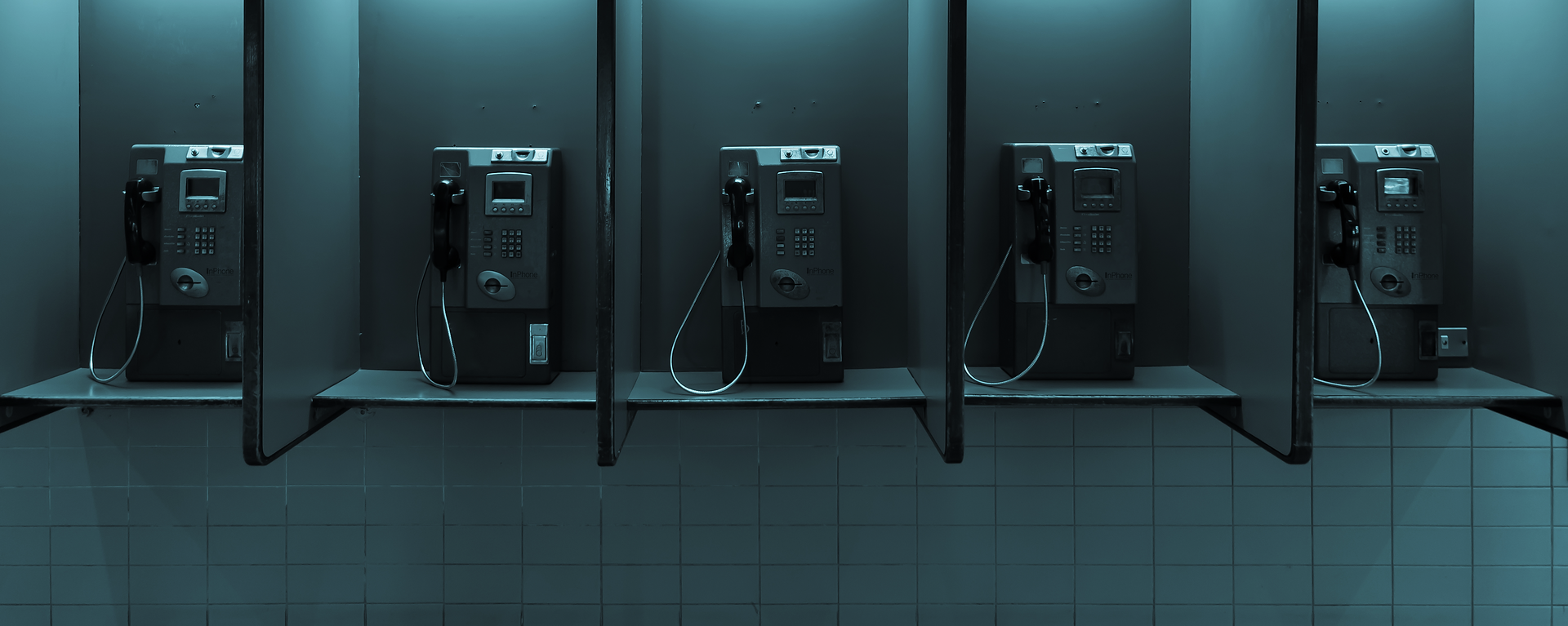The biggest killer behind bars is poor mental health.
- markm555
- Jun 2, 2021
- 3 min read
Let's talk about mental health.
Mental health has been hitting the headlines in recent years, and as well as more and more coverage, experts are more informed about what can cause these problems than ever before.
The scale of the problem is becoming clear, and we are starting to understand how mental illness affects our daily lives, how it affects our behavior, our thoughts, and our relationships with others.
But what is happening in correctional facilities, why is it still such a big problem, and what should they do to improve the situation?

Getting to the root of the problem.
Mental health authorities have been trying to understand what can trigger mental illness, and the charity Mind put together a long list of potential causes.
These causes range from social isolation, loneliness, and severe or long-term stress to experiencing discrimination or trauma, like being the victim of a violent crime.
Although everybody and every case are unique, this broad overview gives us an insight into why correctional facilities are struggling. Being incarcerated can be directly linked to at least five possible causes.
Mental health behind bars.
One of the biggest problems the inmates face in prisons and the most common cause of mental illness is loneliness.
Being away from family and friends can lead to high levels of stress, with inmates worrying about the well-being of their loved ones and, if they have young children, inmates often become angry and frustrated that they are missing out on special moments.
With limited visitation and no communication with the outside world, inmates are left alone with their thoughts. If these triggers go unnoticed, they can escalate into more severe behaviors.
But it's not all bad news. There are steps correctional facilities can take to improve the situation without investing large sums of money.
Let's talk again about mental health.
The World Health Organization has outlined the benefits of addressing poor mental health in correctional facilities and, there is a lot to be done.
Talking and proper communication are at the heart of these positive steps.
We believe that talking (with loved ones, friends, and mental health professionals regularly) is an essential part of an inmate's rehabilitation.
And the benefits of offering proper communication in correctional facilities don't end there, with inmates feeling more connected to society and able to talk about their problems, their stress levels will decrease.
So let's talk.
Introducing the solution
We are a company with decades of experience working with correctional facilities and have developed InPhone, a secure, monitored, simple yet powerful public payphone system customized and tailored for correctional facilities.
This product offers cheap call costs, and each inmate has a unique id, so they have the freedom to make calls whenever they need. This freedom leads to less stress and keeps them in touch with society.
We are dedicated to improving the recidivism rates of correctional facilities and believe that offering a simple communication solution has long-term benefits on inmate's mental health.
This public payphone system is easy to install in any correctional facility.
The benefits of talking
InPhone is also beneficial for the prison services.
As well as relieving inmate's stress and helping to improve their mental state, prison services are given control of all communications within the correctional facility.
By setting up a database of white and blacklisted phone numbers, prison services can also ensure inmates are cut off from any illegal activity and only have access to a support circle to improve their rehabilitation.
All calls get recorded for future reference and the option to listen to a call in real-time allows prison services to listen out for any suspicious or worrying behaviors in their communication. This insight could be the key to getting ahead of any potential problem they may face.
There are many benefits to open communication, and if you would like to hear more, please get in touch.
We'd love to talk with you.





Comments